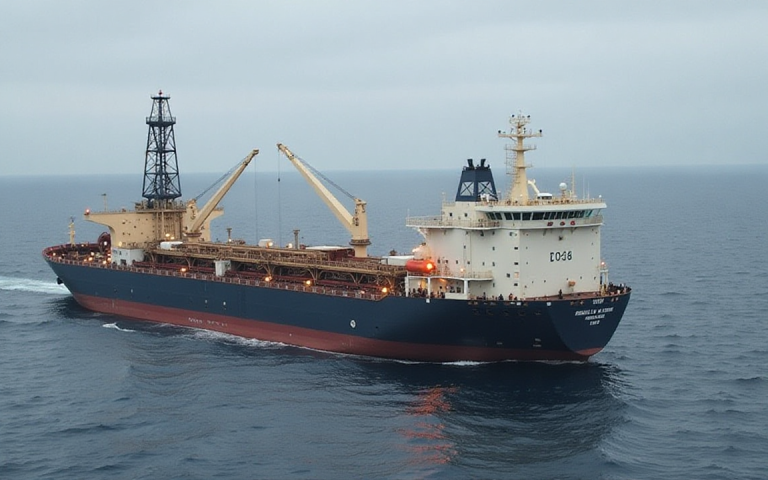European Union officials said that plans will be published on Tuesday to prohibit any new Russian gas agreements by the close of the current year, according to a Reuters report.
Furthermore, existing contracts with Moscow are slated to be phased out by the end of 2027.
Following Russia’s full-scale invasion of Ukraine in 2022, the bloc established a non-binding objective to cease imports of Russian fossil fuels by 2027.
EU Commission officials informed Reuters about a planned commitment to propose a ban in June on new Russian gas import deals and spot contracts, aiming for implementation by the end of 2025.
Proposal to ban Russian gas
European Union officials, speaking anonymously due to the confidential nature of plans that are subject to change before publication, stated that a formal proposal will be made to prohibit Russian gas and liquefied natural gas imports by the close of 2027. This ban would apply to existing contracts.
To be enacted, the proposed legal measures must be endorsed by the European Parliament and a qualified majority of EU member states.
Despite EU sanctions on Russian coal and seaborne oil, gas remains exempt due to opposition from Slovakia and Hungary.
These nations, reliant on Russian pipeline gas, argue that alternative suppliers would lead to increased energy costs. Notably, EU sanctions necessitate unanimous agreement from all 27 member states.
Russian gas continues to flow to Europe
Europe continues to source approximately 19% of its gas supply from Russia through the TurkStream pipeline and deliveries of liquefied natural gas.
Though significantly reduced from pre-2022 levels (approximately 40%), Russia still supplies some gas to Europe.
A key factor is the existence of “take-or-pay” contracts with Gazprom, obligating European buyers who decline gas deliveries to compensate for a substantial portion of the agreed-upon amounts.
The European Commission is exploring legal avenues for European firms to terminate their current Russian gas agreements without incurring financial repercussions.
EU officials have not detailed their intended approach. Legal experts suggest that invoking “force majeure” to withdraw from these agreements would be challenging, potentially leading to penalties or arbitration for buyers.
US LNG to Europe
Facing the imperative of severing long-standing energy dependencies with Russia, the European Commission has indicated a growing openness to significantly increase liquefied natural gas (LNG) imports from the United States.
This strategic shift reflects a multifaceted effort to bolster energy security, diversify supply sources, and mitigate the economic and geopolitical risks associated with reliance on Russian energy.
The potential for enhanced US-EU LNG trade presents both opportunities and challenges, requiring careful consideration of infrastructure capacity, pricing dynamics, environmental implications, and long-term energy policy objectives on both sides of the Atlantic.
This move also has broader implications for the global energy landscape, potentially reshaping trade flows and geopolitical alliances as Europe seeks alternative energy partners.
This is also a move demanded by US President Donald Trump from Europe as a way of shrinking its trade surplus with the United States.
The Commission expresses concerns regarding energy prices and emphasises that any restrictions on Russian energy imports should inflict more damage on Moscow than the EU. Such measures must also carefully consider their impact on fuel costs.
The US is urging Russia to negotiate a peace agreement with Ukraine. A successful resolution could lead to the reinstatement of Russian energy supplies and a relaxation of existing sanctions.
The European Commission initially intended to release its roadmap in March but postponed the publication, partly because of the ambiguity surrounding these unfolding events.
The post Europe targets end to Russian gas imports despite supply dependency appeared first on Invezz

